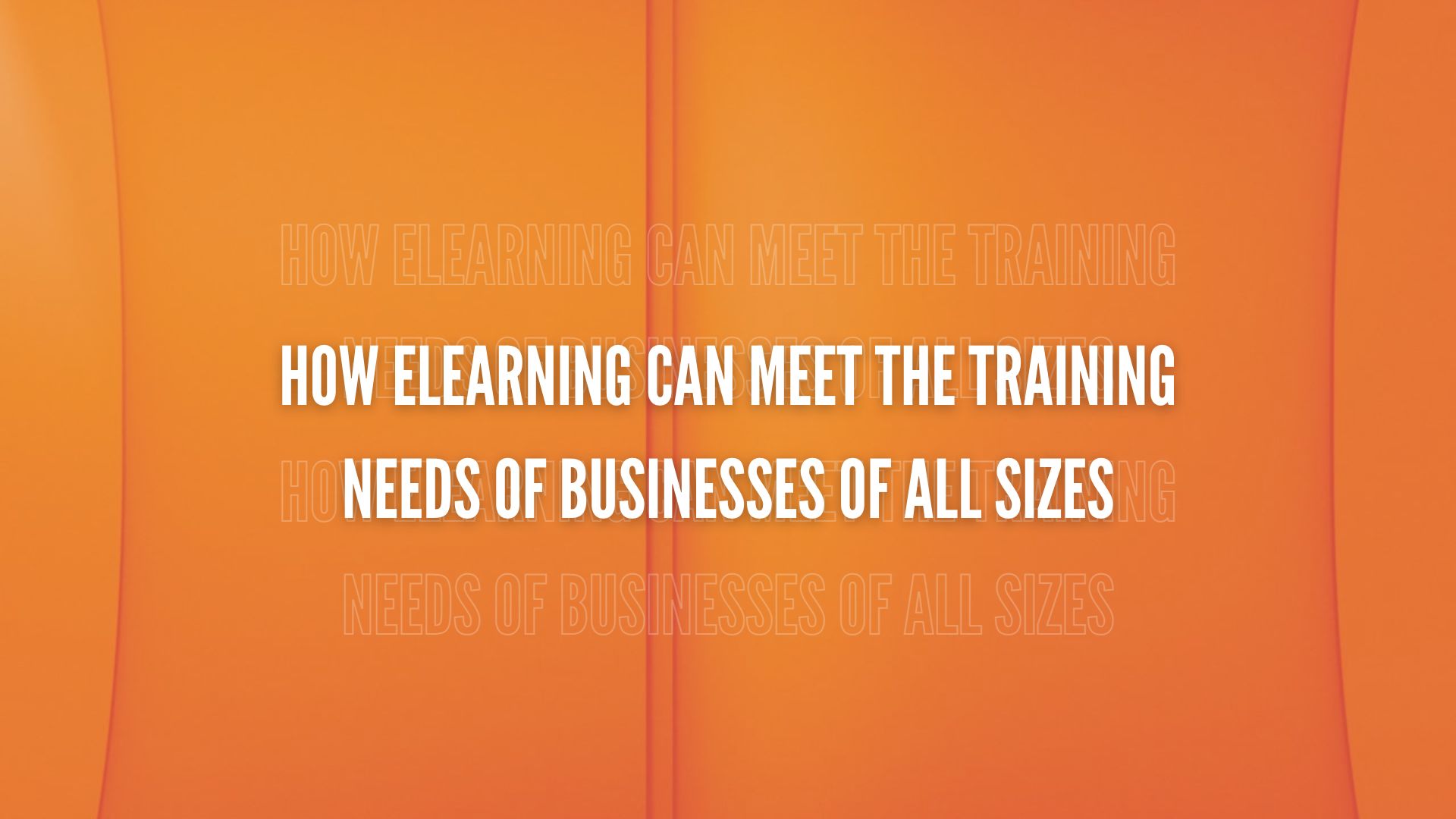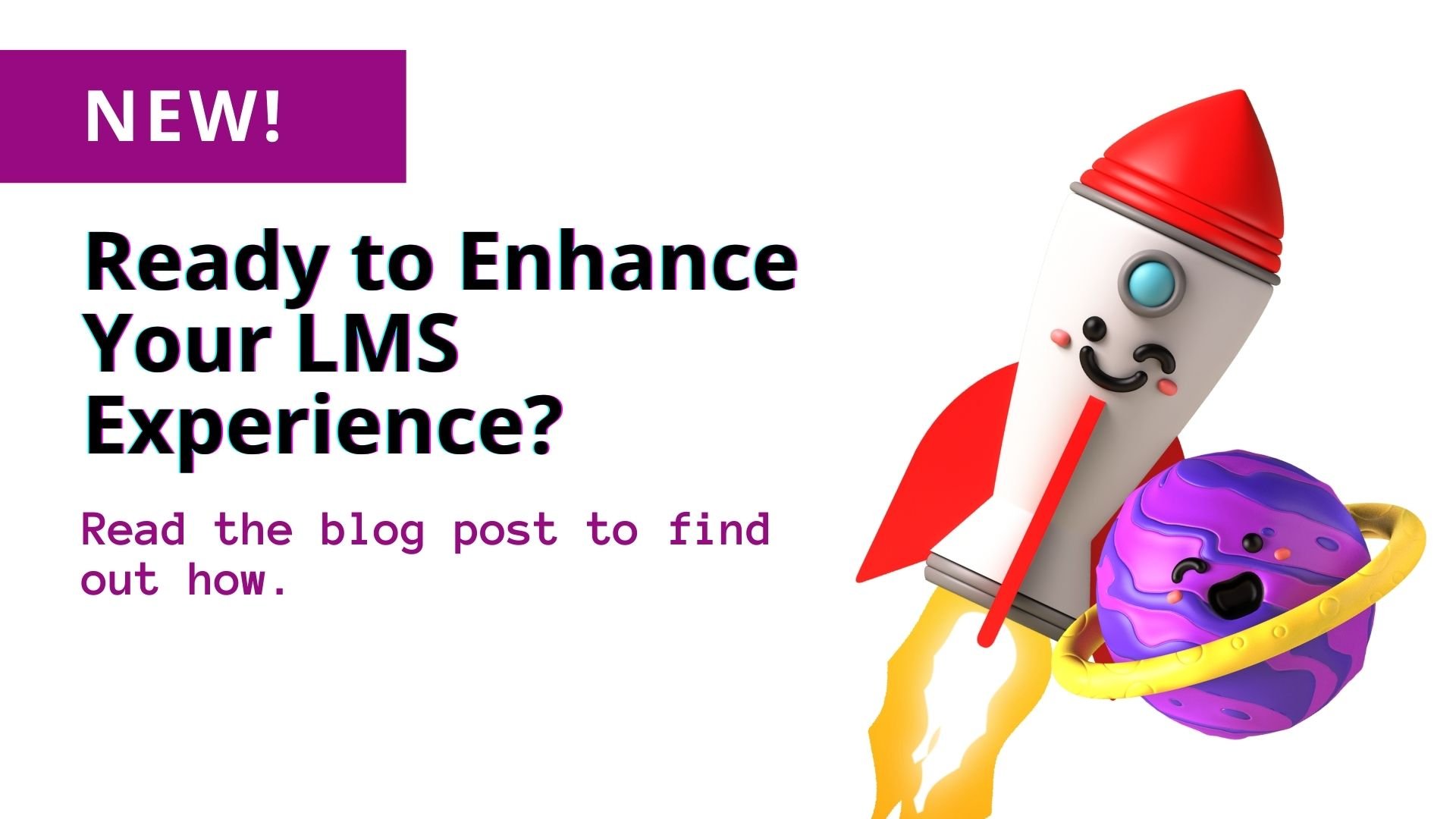A study by Work.com indicated 97 percent of executives and employees agree that collaboration has a big impact on the outcome of a project.¹ When an organization’s culture isn’t sufficiently collaborative, many goals may go unmet, and a company may never reach the level of success it is destined for.
According to Ingram Micro Advisor, when workplace collaboration takes place, these benefits result:
- Company goals get met.
- Employees have greater flexibility with their work schedules.
- Tech-savvy employees are satisfied.
- Remote/work-from-home employees are engaged.
- New hires quickly get on the same page with their co-workers.²
This list barely scratches the surface of all the benefits of collaboration in the workplace. While there are several ways to promote collaboration at work, one of the best is to implement a learning management system (LMS)..jpg?width=600&name=desk-office-hero-workspace%20(1).jpg)
4 Ways an LMS Drives Collaboration in the Workplace
Are you thinking, “Isn’t an LMS a tool designed mainly for training?” The answer to that question is, “Yes, but it is also effective at increasing collaboration between peers.” There are numerous ways an LMS drives collaboration in the workplace. For example:
1. An LMS connects coworkers in remote location
Because of LMS technology, individuals working from remote locations, even from different countries, can connect via collaborative/social learning tools like web conferencing and real-time chat. This enables organizational leaders to construct teams that will most quickly drive an organization toward its goals, no matter where those team members are located.
2. An LMS creates opportunities for real-life interactions that start with live virtual events
Virtual discussion can easily lead to in-person interactions for employees who work near one another. An LMS allows company leaders to create conversation-promoting, live virtual events. Create a Collaborative Company Culture says,
“Christopher Pappas, writer for eLearningindustry.com, encourages administrators to ‘create a live event that involves group discussion, debate, and/or further exploration of a particular topic. You can even hold a virtual event that is centered around a document or spreadsheet you've shared with your learners online. Then, you can encourage them to talk about the content and use it as a guide for the group discussion to ensure that they are as productive as possible.’”
LMS collaborative learning tools make creating live virtual events a breeze.
3. An LMS facilitates informal learning
Collaborative learning is often informal (i.e., unstructured and non-traditional). It colors outside the lines of classroom-style learning and training. It can also be more effective.
Most hosted or cloud-based LMS's come equipped with social learning platform tools like calendaring, screen sharing, language localization, web conferencing, and real-time chat. These tools promote both formal and informal learning, but are very effective at facilitating learning that is informal.
Related Reading: Encourage Informal Learning with an LMS
4. An LMS helps create a collaborative company culture
Do you want your employees to collaborate more readily and be more innovative? If so, leaders must intentionally create a collaborative company culture. This type of culture is warm-yet-professional, welcoming of new ideas, and emphasizes constant learning and training.
An LMS standardizes employee training to a degree, which helps individuals in a variety of positions get on the same page as quickly as possible. When everyone is in the same headspace, it is easier to collaborate and be more innovative.
Get the answers to all your questions about what an LMS is and how it can benefit you.
References:
1, 2. Ingram Micro Advisor. 5 benefits of collaboration in the workplace. http://www.ingrammicroadvisor.com/unified-communications-and-collaboration/5-benefits-of-collaboration-in-the-workplace.







